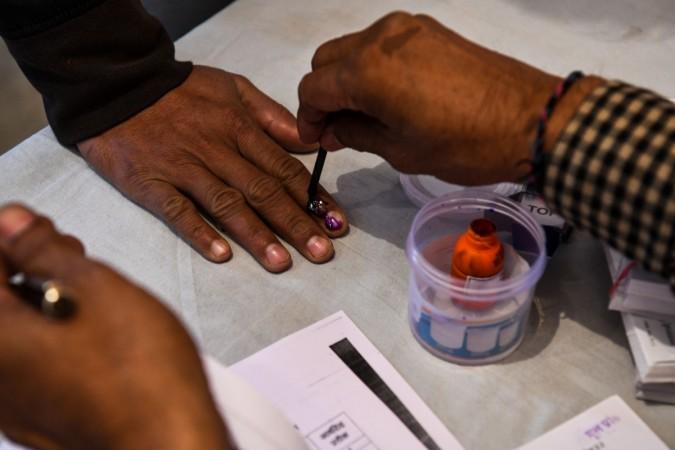In the wake of alleged fake voter ID card scam in Rajarajeshwari Nagara (RR Nagara) Assembly constituency here, Bruhat Bengaluru Mahanagara Palike Commissioner N. Manjunatha Prasad on Monday asserted that the BBMP has decided to transfer all officials who have been working in this constituency for over five years.
Prasad said that the BBMP sought the details from its Zonal office about personnel who have been working in this constituency for more than five years.

He added that the BBMP had received complaints about some people calling up RR Nagara voters and seeking their voter ID information, citing various issues.
"Neither the BBMP nor any department had authorised anyone to collect voter ID information through phone for any scheme. This is a scam, therefore, I have already informed the Bengaluru City police commissioner to deal sternly with such complaints," he explained.
Earlier when bypolls were announced, Prasad had stated that RR Nagara has 4,62,201 voters and all of them were provided with voter IDs. Besides this, the constituency has 678 polling booths. RR Nagara will go to polls on November 3 and counting is on November 10.
Prasad is also the returning officer for RR Nagara constituency
Fake voter ID card scam of RR Nagara Assembly constituency had created a lot of buzz during 2018 Assembly polls, with the Election Commission having announced that the polling for the constituency in Bengaluru would be deferred to May 28 and the counting of votes for the seat was done on May 31.
This development had come to fore after the BJP and JD(S) had called for countermanding of polls in the constituency over seizure of a large trove of voter ID cards. Then Jalahalli Police had earlier named Munirathna Naidu, then Congress MLA as one of 14 persons accused in the case, two days after 9,746 voter IDs were discovered from an apartment in Jalahalli.
The seizure of the voter cards was announced by Karnataka's Chief Electoral Officer Sanjiv Kumar. Kumar had described it as an attempt of "cash for votes." The ID cards allegedly belonged to people living in slums. The cards of members of each slum were stacked together with the name of one person on each stack along with phone numbers of the said people.

















